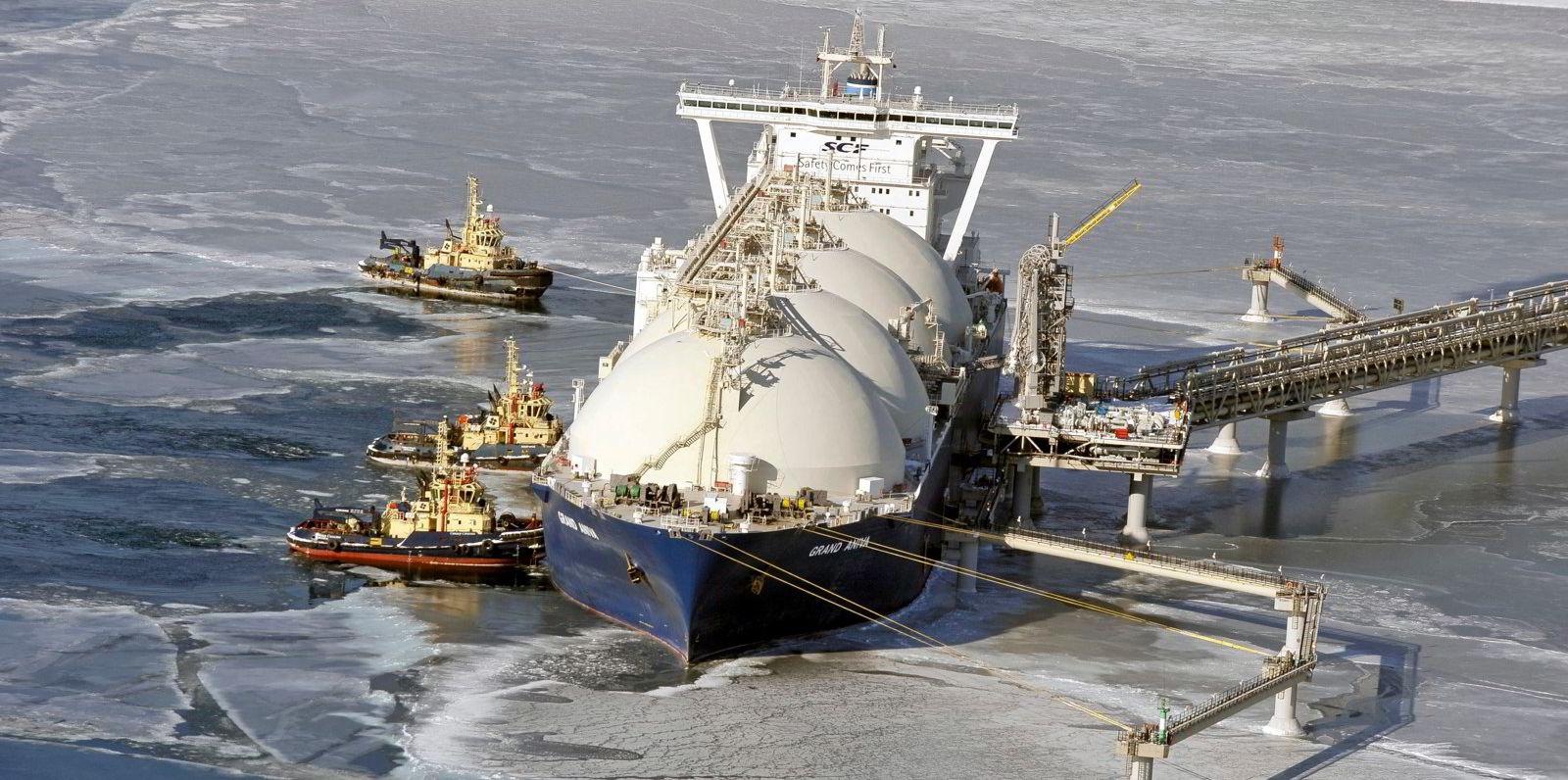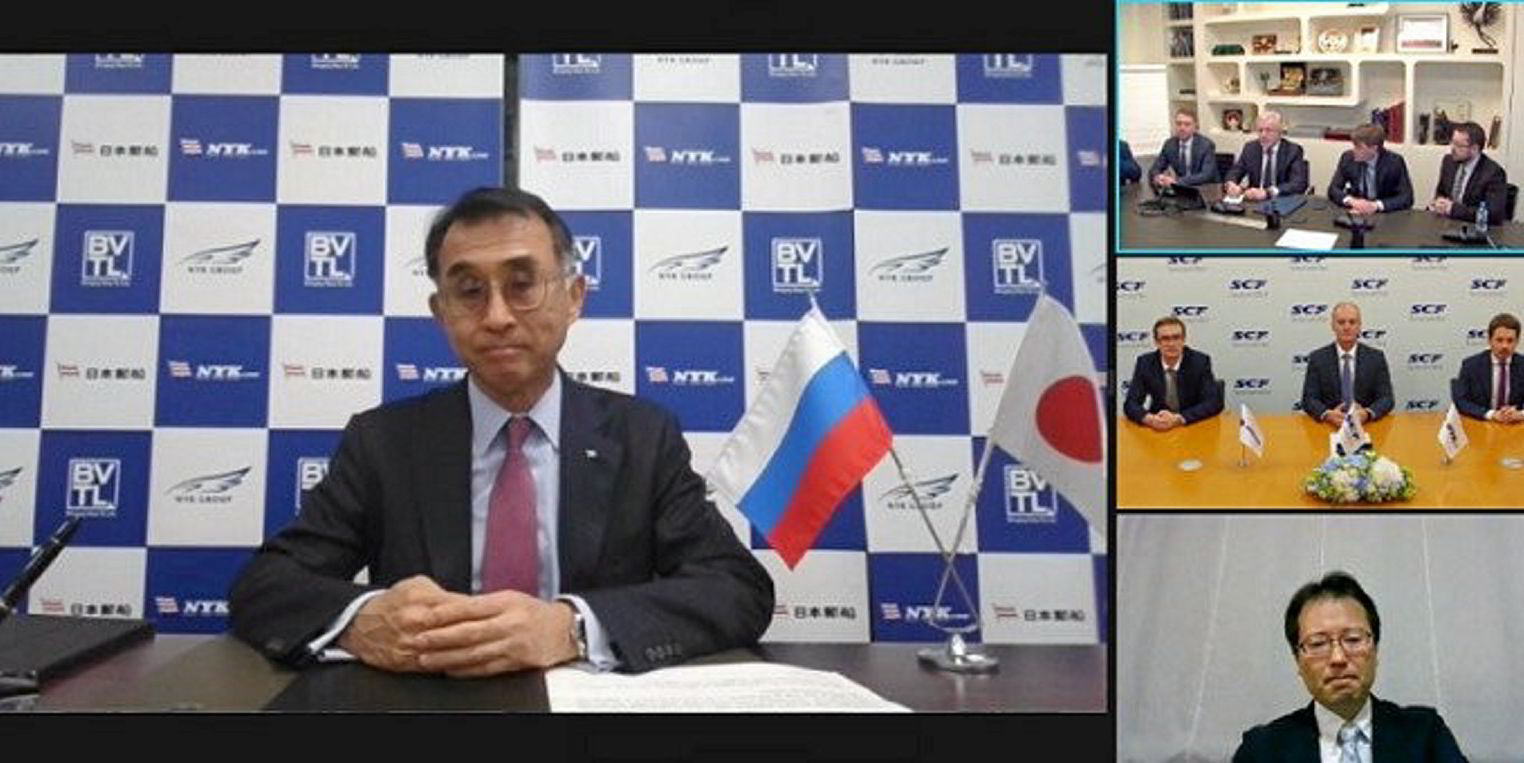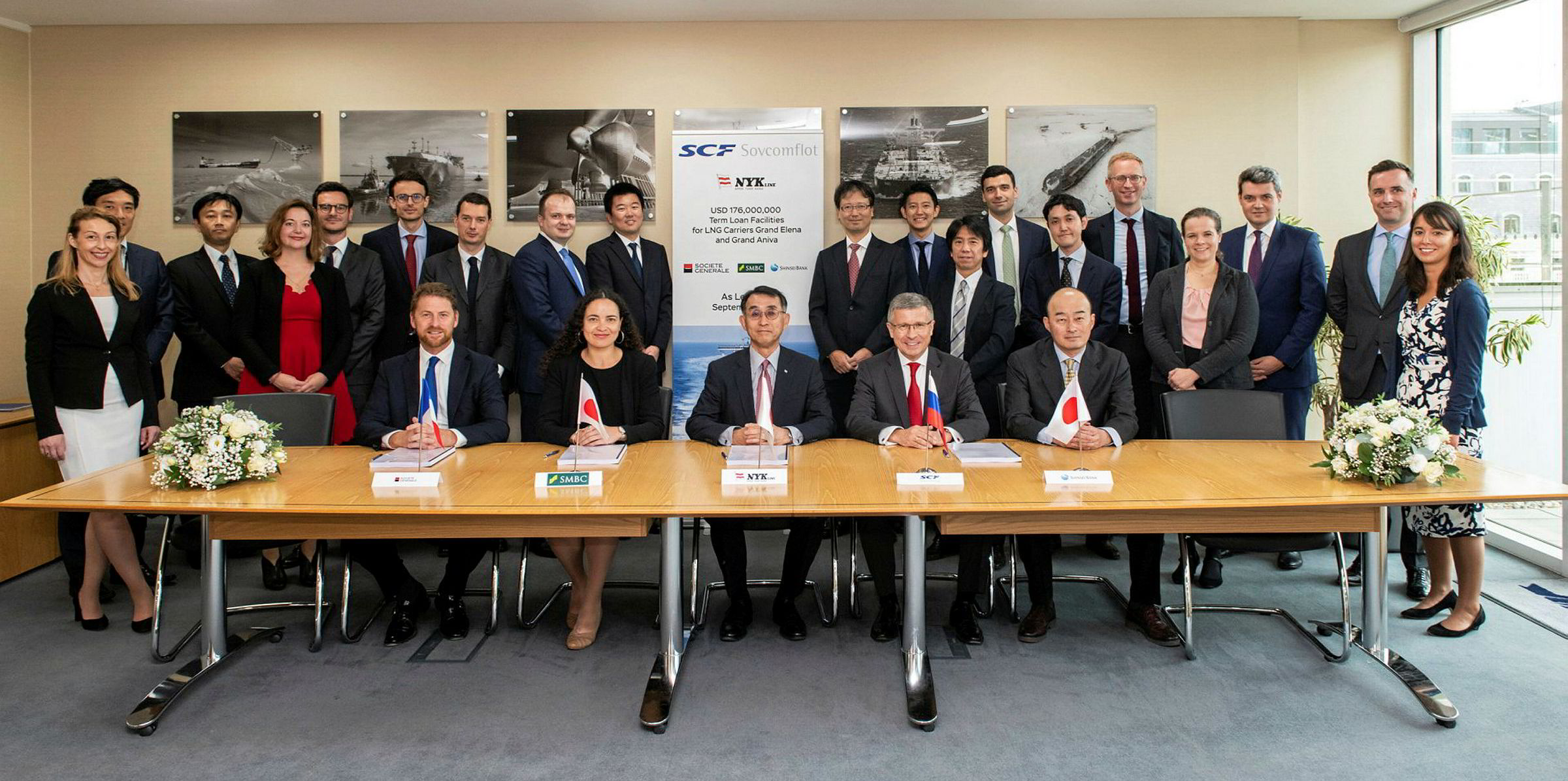NYK Line has written off ¥17.8bn ($134m) linked to its investment in a Russian LNG project.
The Japanese shipowner said it made the provision due to the deterioration in the business environment caused by the war in Ukraine.
NYK, which reported first-quarter earnings on Wednesday, said the extraordinary loss was in relation to the LNG transportation for the Sakhalin 2 project.
NYK jointly owns two LNG carriers with Russia’s Sovcomflot — the 145,600-cbm ice-class Grand Aniva (built 2008) and Grand Elena (built 2007) — to service the project.
The vessels transport LNG year-round from the port of Prigorodnoye on Sakhalin Island in Far Eastern Russia to customers in Japan, South Korea and China under long-term contracts with operator Sakhalin Energy.
On Tuesday, Japanese trading giants Mitsui & Co and Mitsubishi Corp wrote off a combined ¥218bn linked to their investments in Sakhalin 2.
The two companies together own a 22.5% stake in the project, which President Vladimir Putin has decreed must be transferred to a new Russian company.
Mitsui is discussing the project with the Japanese government and business partners, Bloomberg reported on Tuesday.
Meanwhile, Japanese trade minister Koichi Hagiuda has reportedly told the US that Japan aims to maintain its ownership in the project, which is seen as vital to the nation’s energy security.
NYK’s first-quarter net profit more than doubled from a year earlier to ¥343.4bn, thanks to a strong performance by its dry bulk and liner operations.
Recurring profit jumped ¥159bn to ¥270.4bn in the quarter as robust transport demand continued despite the impact of the Covid-19 lockdown in China and the Russian invasion of Ukraine.
“Port congestion was resolved in some major ports such as west coast of North America, but the global supply chain disruption including inland areas remains and tight supply-demand balance continues,” NYK said.
“Although adjustments can be seen recently, profit increased significantly year on year as short-term freight rates remained high and long-term contracts were renewed with higher freight rates.”
Recurring profit at the company’s bulk shipping arm, which includes bulkers, tankers and car carriers, quadrupled to ¥64.1bn.
“Supported by strong cargo movements, market rates for small and medium-sized vessels such as panamax, handy and handymax were favourable, and [as a result] business performance improved,” said NYK.
It said transportation volumes by its car carrier division remained the same year on year despite a shortage of semiconductors and automotive components due to Covid-19.
The owner expects full-year net profit to come in just shy of ¥1 trillion, up ¥240bn from the previous forecast.





